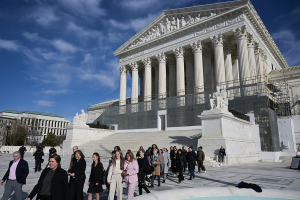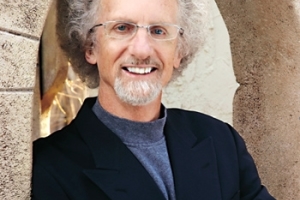Randal Rauser
Latest

Do not create unnecessary stumbling blocks to Christian faith
In my opinion, one of the absolute biggest mistakes that Christians make occurs when, in the midst of sharing their faith, they include an unnecessary stumbling block as part of the essential package.

What is a progressive Christian? What is a conservative?
The terms progressive/conservative are regularly invoked to assert rigid in-group out-group boundaries. However, when properly understood they do not function well as boundary markers given that, as I will now explain, they are relative terms in at least four ways.

On pastors who doubt
Pastors sometimes doubt their own salvation, or the goodness of God, or perhaps even God’s very existence. Pastors might wonder, am I being a person with integrity if I continue to minister when I have these doubts?

The meaning and rationality of faith: A Christian and atheist conversation
If we want to make real progress on debating the rationality of faith, we should begin by considering what we mean when we use the word 'faith.' Just what is that concept that we are debating?

Failed prayer studies: a response
Dr. Herbert Benson of Harvard Medical School and other scientists tested the effect of having three Christian groups pray for particular patients, starting the night before surgery and continuing for two weeks.

If evangelicals are pro-family, then why don’t they care about Trump’s child separation policy?
One prevalent theme of 2018 was the further deterioration of the mainstream news media. The meltdown began in late 2016, after President Trump won the election.

The solution to Christians becoming atheists (Part 2)
I mentioned that a problem for deconverts was trying to maintain belief in the biblical narrative while living in the 21st century. Former believers sometimes explain it as analogous to an adult trying to believe in Santa Claus.

The solution to Christians becoming atheists
We continue the conversation by turning to consider ways that Christians might seek to address this trend of Christians becoming atheists.

The problem of Christians becoming atheists
A central goal of Christian apologetics is to persuade people to become and remain Christians. But what happens when that persuasion fails? In particular, what can we learn from those instances of failure when Christians reject the faith altogether?

How evangelical kids can get their faith shaken on the first day of university
Let’s consider the first morning at university for one hypothetical 18-year-old raised in a typical evangelical church subculture.



















